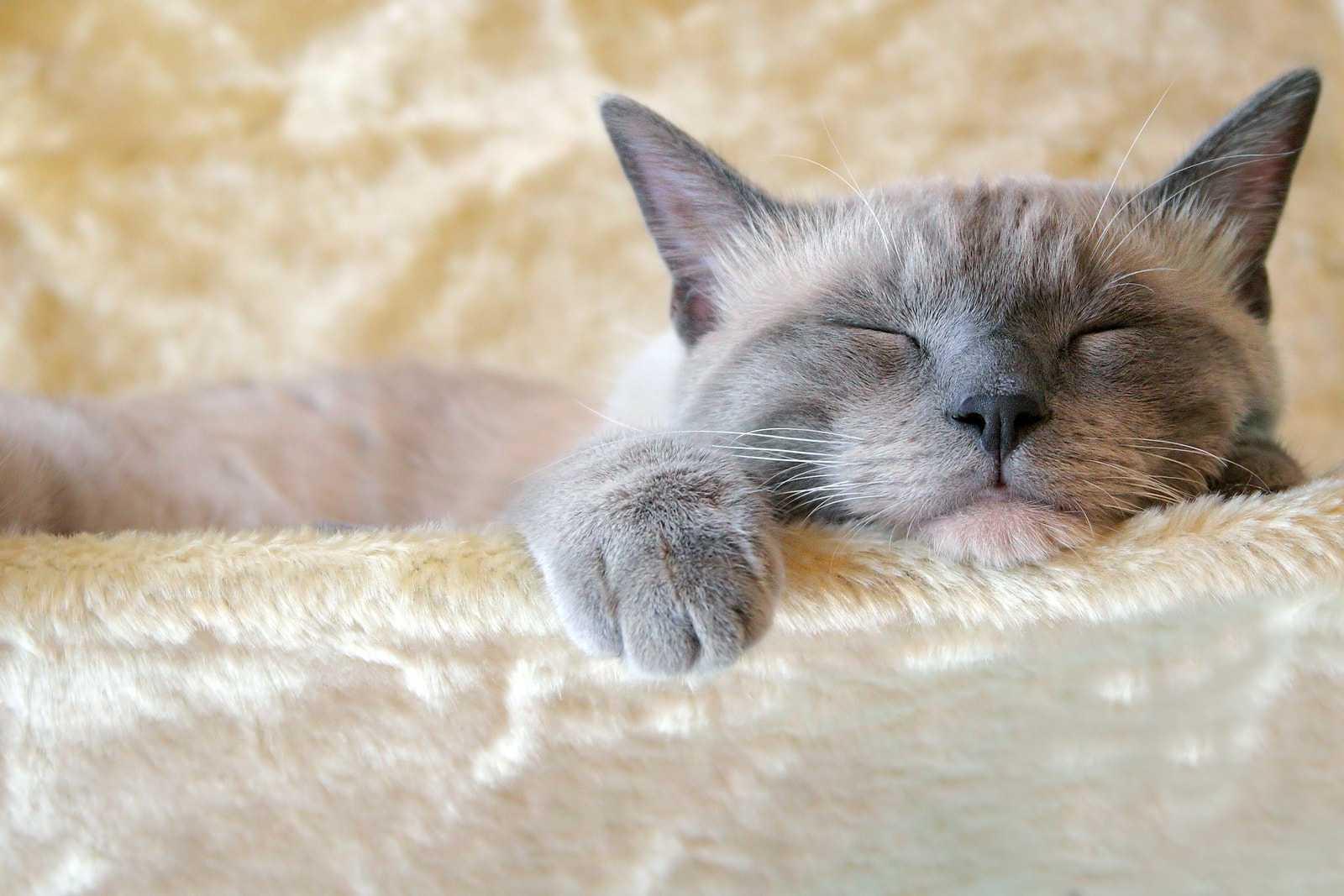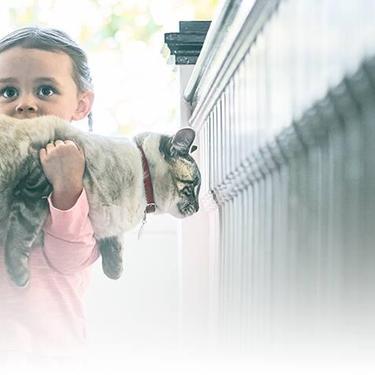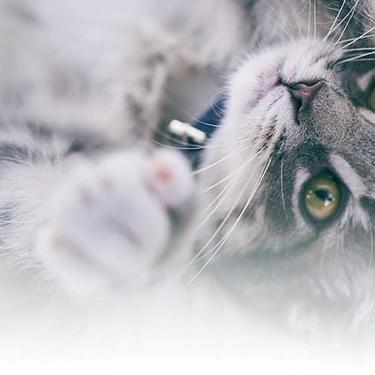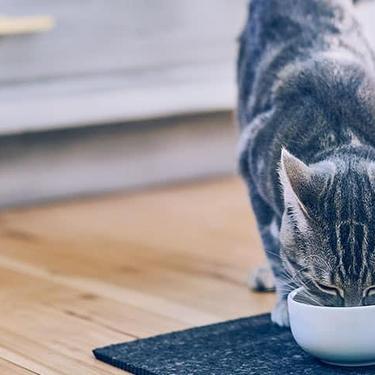
-
Find the right food for your petTake this quiz to see which food may be the best for your furry friend.Find the right food for your petTake this quiz to see which food may be the best for your furry friend.Health CategoryFeatured products
 Hill's Science Diet Adult Healthy Mobility Large Breed Chicken Meal, Barley & Brown Rice Recipe Dog Food
Hill's Science Diet Adult Healthy Mobility Large Breed Chicken Meal, Barley & Brown Rice Recipe Dog FoodAdvanced nutrition shown to support joint health and improve mobility
Shop Now Adult Light Large Breed Chicken Meal & Barley Recipe Dog Food
Adult Light Large Breed Chicken Meal & Barley Recipe Dog FoodFewer calories for less active large breed dogs
Shop Now Adult Large Breed Chicken & Barley Recipe Dog Food
Adult Large Breed Chicken & Barley Recipe Dog FoodSupports healthy joints, lean muscle, and beautiful coat for large breed dogs
Shop NowFeatured products Kitten Healthy Cuisine Tender Chicken & Rice Medley
Kitten Healthy Cuisine Tender Chicken & Rice MedleyDelicious tender chicken and rice in a mouthwatering sauce with precisely balanced nutrition to support 5 essential building blocks for lifelong health
Shop Now Adult Oral Care Chicken & Brown Rice Recipe Cat Food
Adult Oral Care Chicken & Brown Rice Recipe Cat FoodClinically proven kibble technology to reduce plaque & tartar build-up
Shop Now Adult Perfect Digestion Chicken, Barley & Whole Oats Recipe Cat Food
Adult Perfect Digestion Chicken, Barley & Whole Oats Recipe Cat FoodHill's Science Diet's breakthrough nutrition supports ultimate digestive well-being & healthy microbiome
Shop Now -
DogCat
- Cat Tips & Articles
-
Health Category
- Weight
- Skin & Food Sensitivities
- Urinary
- Digestive
- Kidney
- Dental
- Serious Illness
-
Life Stage
- Kitten Nutrition
- Adult Nutrition
Featured articles Fun Ideas for Kids and Pets This Summer
Fun Ideas for Kids and Pets This SummerOutdoor summer activities with your dog or cat can be fun for kids, too. Learn how they also teach kids responsibility & creates a bond with their pet.
Read More Adopting a Pet: What You Need to Know
Adopting a Pet: What You Need to KnowLearn the basics of adopting a pet, including where to begin and common questions you should ask yourself when deciding which kind of pet is best for you.
Read More Cat vs. Dog: Which Is the Best Pet for Me?
Cat vs. Dog: Which Is the Best Pet for Me?Learn about important differences between dogs and cats, such as cost & space considerations. These factors can help you decide which pet is best for you.
Read More -


It's no secret that in the world of cats, getting enough rest is a top priority. But exactly how much do cats sleep, and why do cats sleep so much? As it turns out, cats love to snooze so much because it's in their genes.
Why Do Cats Sleep So Much?
Cats exhibit plenty of weird behaviors, such as kneading, hiding in small places and hanging out in boxes, all of which are motivated by their instincts (for example, the need for comfort and security). Sleep, an innate activity, also falls into this category. How much do cats sleep? They can clock up anywhere from twelve to sixteen hours in a day.
Despite the long hours she spends curled up in dreamland, your fur baby is anything but lazy — she's resting up in preparation for the big hunt. "Hunting requires energy and [then] you add the stress factor of cats being both predator and prey," explains cat behavior expert Pam Johnson-Bennett. "Sleep is needed to conserve energy and recharge for the next hunt." Your cat may be domesticated and eat the cat food served by her human parent instead of hunting her dinner, but she retains the biological impulse of her wild ancestors.
Cats are crepuscular, which is a zoological term for animals or insects that are active in twilight (between dusk and dawn). This is why your cat will spend much of the late morning and afternoon sleeping in a patch of sun and much of the evening and early morning running in circles around the house. Just like her big cat counterparts, your little kitty adheres to this schedule of hunting, feasting and sleeping.
Energy conservation is one of the main reasons for your cat's long periods of sleep, which is where the term "cat nap" originates. In addition to deep sleep, cats can doze for brief moments, lasting anywhere from five to thirty minutes, but remain on high alert for predators or prey. If your cat has ever fallen asleep sitting up, she's just doing her job.


Tasty Tips
In Between Naps
There is no such thing as "too much" or "too little" sleep for your cat. She listens to her body and rests when needed. This is why it's not really possible to force your cat to sleep when it's 4 a.m. and you'd like to get a few more hours of slumber. According to Nicholas Dodman, director of the Animal Behavior Clinic at the Cummings School of Veterinary Medicine at Tufts University, "adequate sleep is important to a cat's health, longevity and mood and changes in sleep patterns may signal illness."
If you suspect that your cat is not sleeping enough (and keep in mind that cats sleep in what Dodman calls "standby mode," ready for action and not in a deep sleep) or in "sudden bouts of prolonged sleep," check with your veterinarian to rule out any health issues.
So, what should your kitty be doing during the other four to seven hours of the day when she isn't sleeping? Getting a lot of play and exercise! A rigorous play session is especially important in the evening, when your cat is hardwired to begin the hunt. Provide her with some fun DIY cat toys that she can chase and catch, and a durable scratching post to shred (another innate behavior).
By working with your cat's natural cycle instead of against it, both of you can get a good night's sleep.


Christine O'Brien is a writer, mom, and long-time cat parent whose two Russian Blues rule the house. Her work also appears in Care.com, What to Expect, and Fit Pregnancy, where she writes about pets, pregnancy, and family life. Find and follow her on Instagram and Twitter @brovelliobrien.
Related products

Clinically proven kibble technology to reduce plaque & tartar build-up

Hill's Science Diet's breakthrough nutrition supports ultimate digestive well-being & healthy microbiome

Delicious tender chicken and rice in a mouthwatering sauce with precisely balanced nutrition to support 5 essential building blocks for lifelong health

Delicious roasted chicken and rice in a mouthwatering sauce
Related articles

Provide the best possible treatment for cats with sensitive skin by spotting the signs, knowing the causes, and understanding the remedies. Learn more now.

Get helpful information on proper feline oral healthcare and why it's so vital to take care of your cat's teeth.

Obesity affects more than 30 percent of cats in America. Learn how you can properly feed and exercise your cat to improve its weight management.

Understand the symptoms of a chronic upset stomach in your cat, and learn how to help sooth their discomfort.

Put your cat on a diet without them knowing
Our low calorie formula helps you control your cat's weight. It's packed with high-quality protein for building lean muscles, and made with purposeful ingredients for a flavorful, nutritious meal. Clinically proven antioxidants, Vitamin C+E, help promote a healthy immune system.
Put your cat on a diet without them knowing
Our low calorie formula helps you control your cat's weight. It's packed with high-quality protein for building lean muscles, and made with purposeful ingredients for a flavorful, nutritious meal. Clinically proven antioxidants, Vitamin C+E, help promote a healthy immune system.

